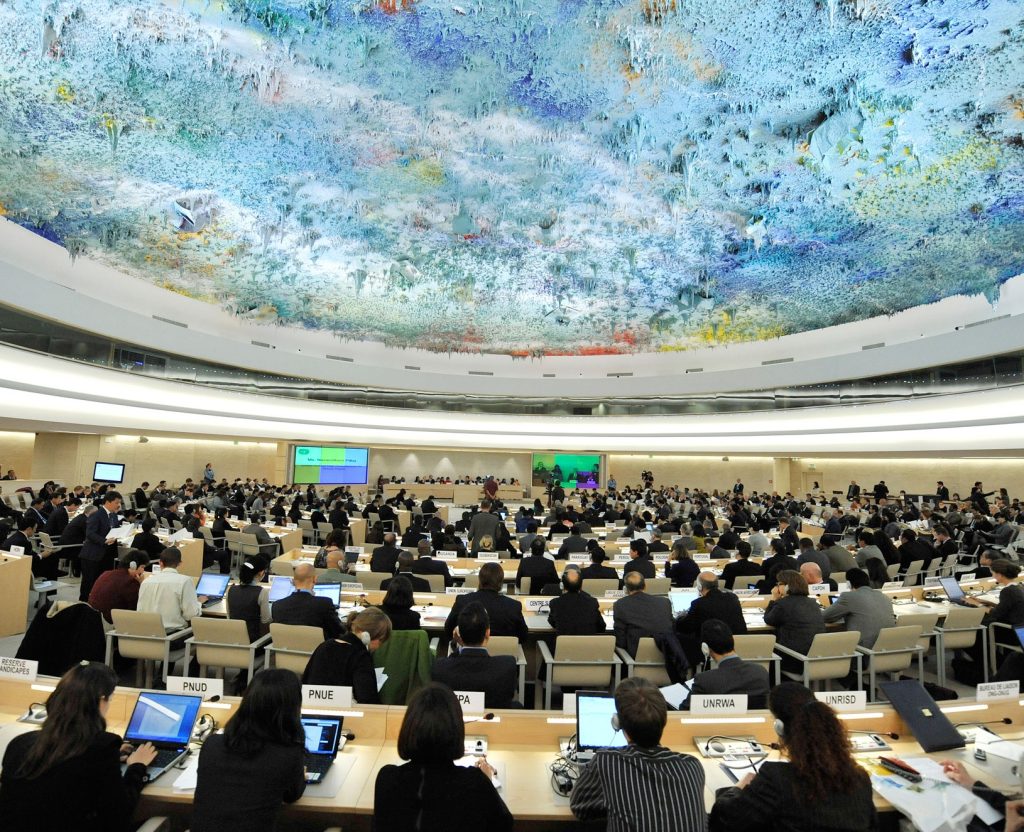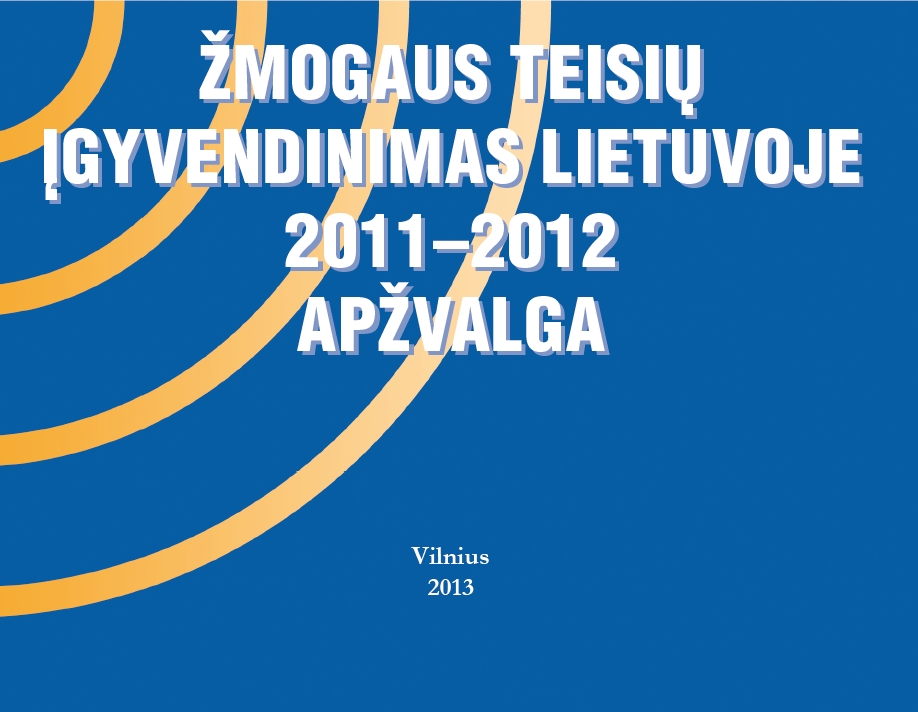During their visits to children’s socialization centers of Lithuania, the country’s ombudsmen were able to establish numerous human rights violations. “The law provides that children may only be placed in relaxation rooms when they pose a threat to themselves and others because of an uncontrolled emotional outburst. However, in many socialization centers children are placed in relaxation rooms as a form of punishment,” reads the ombudsmen’s report.
In the Kaunas Children’s Socialization Center, the staff unlawfully made use of handcuffs, batons and tear gas against the children living there. In another center, it was found that relaxation rooms were insufficiently ventilated and poorly lit, and the children were often not allowed to go to the bathroom.
Socialization centers eyed by UN
Back on May 23, 2014, the UN Committee against Torture, having assessed the third periodic report of Lithuania, found that placement in “relaxation rooms” in socialization centers amounted to solitary confinement.
Six socialization centers, previously known as “teen jails,” still operate in Lithuania. While the children living in these centers are placed in different risk groups (minors who have committed a crime, minors who have run away from home or who do not do their homework, victims of human trafficking), their care and supervision is not differentiated.
HRMI urges government on children’s safety
Having initiated the investigation of the ombudsmen, the Human Rights Monitoring Institute continues to urge the government to wake up and finally realize that the socialization process in Lithuania has failed.
“Instead of developing new services within the community, for many years EU structural funds – millions of euros from EU taxpayers – were spent on ineffective institutions that violated children’s rights – to refurbish them, to reinforce their walls, the purpose of which was to separate children from society by imitating socialization, treatment and care,” wrote HMRI and 20 other human rights organizations in a letter to the Lithuanian government.








